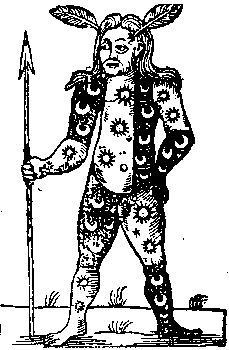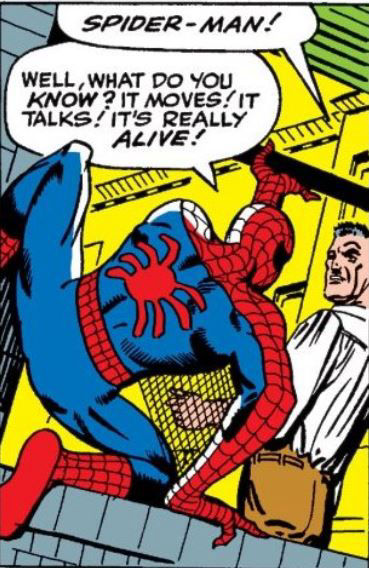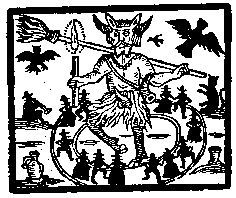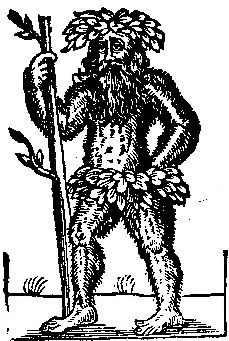
Outcasts and forces of nature
The trickster figures of mythology have always had a powerful resonance with me (and with others it would seem given their general popularity).
Have you ever been frustrated with society? Do the rules and laws stop making sense to you at times? They do to me. And do you ever feel like an outcast? That you're removed from the rest of society? That's another trickster trait. Robin Hood and Spider-Man are outlaws. Robin Goodfellow and the Trickster of the Winnebago natives of North America are outcasts from their societies. Puck, and faeries like him -- brownies, hobs, etc. -- rarely interact with the faerie court.
The trickster is a force of nature and instinct. And I've been accused of thinking too much. So, there's something enticing about pranks and a devil-may-care attitude. I enjoy shaking my head at things and just thinking "Lord, what fools these mortals be."
Sometimes instead of getting angry, or perhaps as an outlet of my anger, I just curl my lips up in a puckish smile and laugh at a life that seems increasingly stupid. Tricksters are considered primitive, naive, even ignorant. But sometimes they also possess a wisdom others do not. The fools in Shakespeare, and Puck is one of them, often make wise comments amidst their jokes. There's a reason why some tarot decks place the Fool with the World, the ultimate stage of enlightenment.



Contact Us